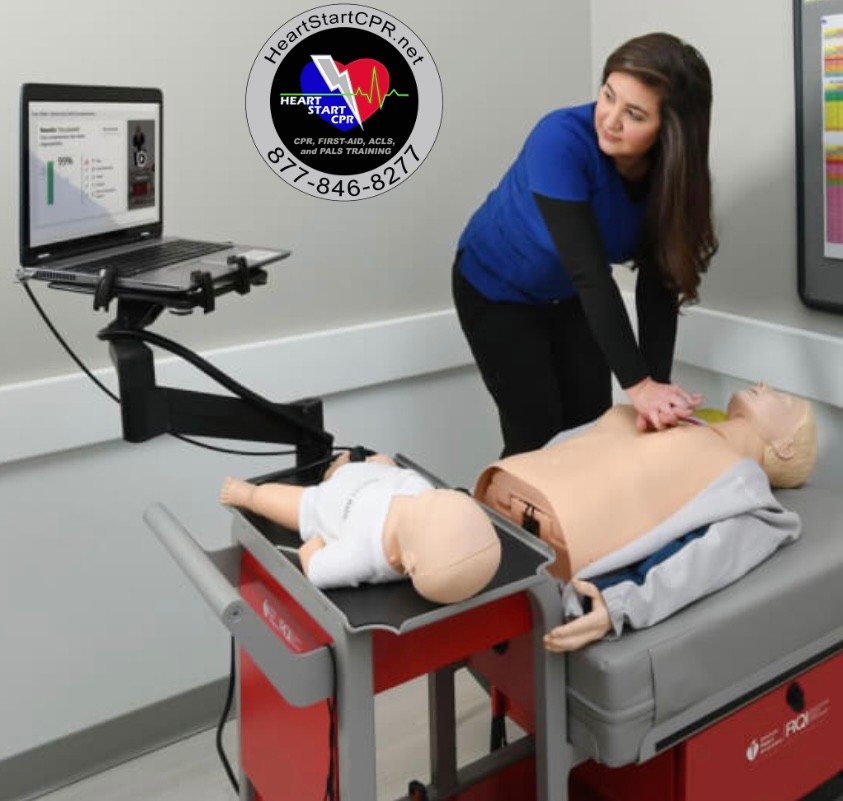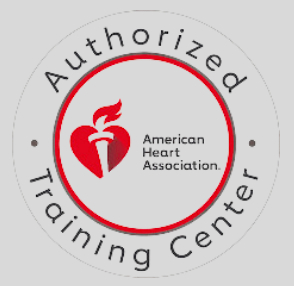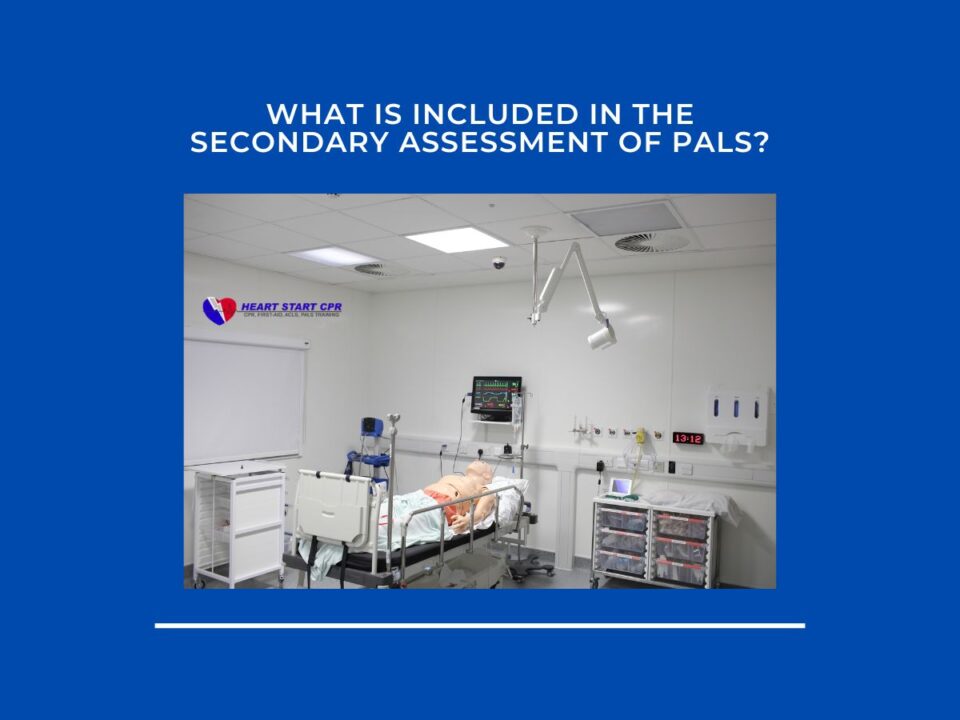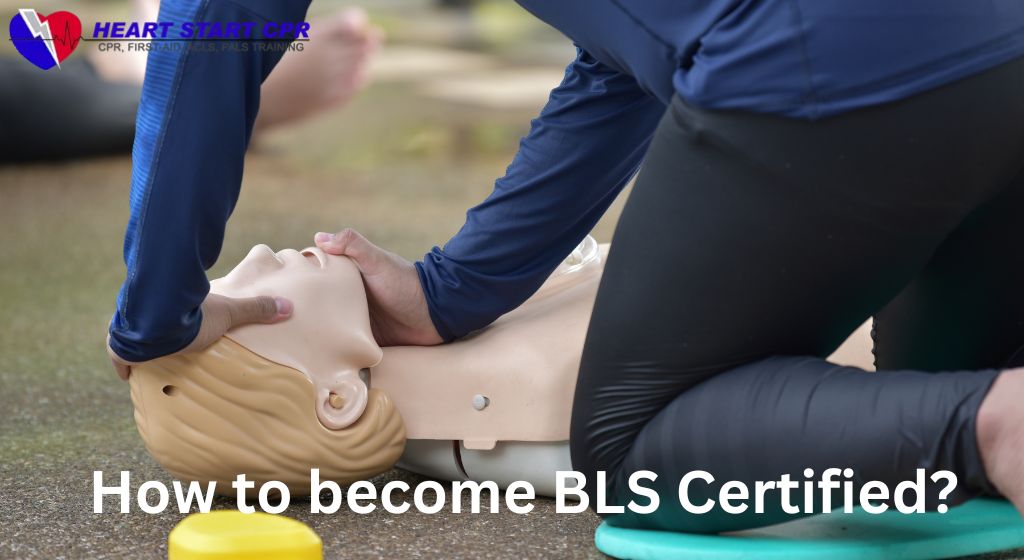
How to Become BLS Certified?
March 8, 2023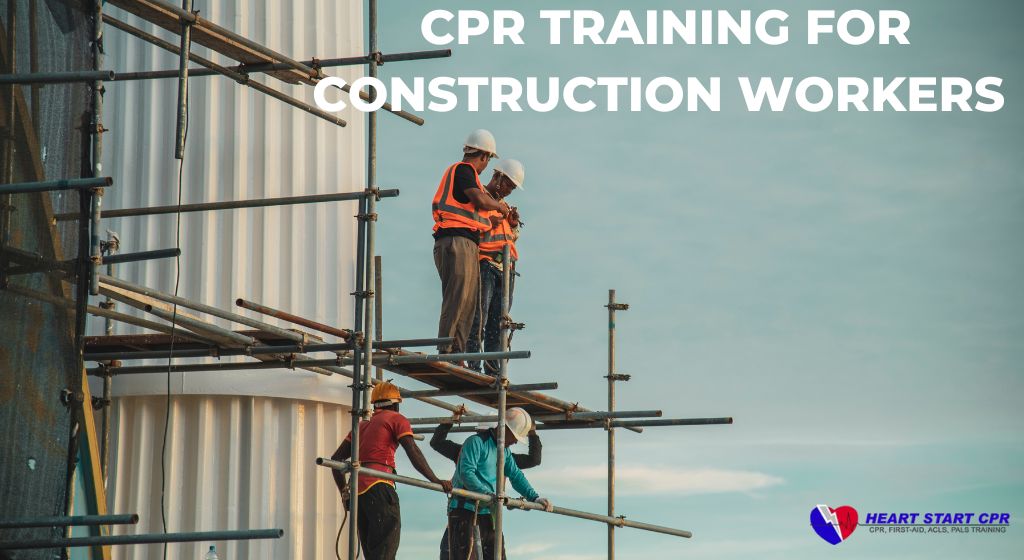
Importance of CPR training for Construction Workers
March 15, 2023PALS (Pediatric Advanced Life Support) certification is a training program designed for healthcare professionals, including doctors, nurses, paramedics, and other medical personnel who work in emergency care, and teaches participants how to respond to life-threatening emergencies in infants and children. This article will teach you everything you need to learn about the process to get PALS Certified.
What are PALS certifications?
PALS Certifications is a specialized training for healthcare professionals working with critically ill or injured infants and children. The PALS course teaches healthcare providers the knowledge and skills to recognize and respond to life-threatening emergencies in pediatric patients, including respiratory distress, cardiac arrest, and shock. The PALS certification course includes didactic and hands-on training, simulation scenarios, and team-based resuscitation exercises.
Also learn: What is BLS Certification
Why is PALS Certification necessary?
Pediatric emergencies can be very different from adult emergencies, and healthcare providers must be equipped with the specialized knowledge and skills required to respond to these situations. PALS certification allows healthcare providers to recognize and intervene in pediatric emergencies, including respiratory distress, cardiac arrest, and shock. This training provides knowledge of different pediatric algorithms and help healthcare providers provide high-quality care and improve patient outcomes for critically ill or injured children. Additionally, many healthcare facilities require PALS certification for staff working in pediatrics or emergency departments.
After completing the course and passing the PALS exam, healthcare providers receive a PALS certification card valid for two years. Many healthcare facilities require PALS certification for healthcare providers working in pediatrics or emergency departments, and it is considered an essential certification.
What topics are covered in the PALS course?
The pediatric advanced life support (PALS) course covers a range of topics related to pediatric emergency care, including:
- The systematic approach to pediatric assessment
- CPR and use of AED for the child
- Infant CPR
- Recognition and management of respiratory emergencies, including asthma and respiratory failure
- Recognition and management of shock and circulatory emergencies
- Recognition and management of cardiac arrest and arrhythmias in pediatric patients
- Use of specialized equipment such as defibrillators, laryngoscopes, and intravenous access devices
- Recognition and management of other medical emergencies, such as seizures and poisoning
- Team Dynamics and Communication during Pediatric Resuscitation
How long does the PALS course take?
The PALS course typically takes between 12-16 hours to complete. Depending on the provider, the course may be offered as a two-day in-person or online course. The length of the course may also vary depending on the participants’ experience level and the healthcare facility’s specific training needs.
After completing PALS training, students will receive a course completion card valid for two years. Don’t hesitate to contact Heart Start CPR to learn more about the PALS Course.
How is the PALS course structured?
The PALS course is typically structured as a combination of didactic instruction and hands-on training. The didactic component of the course covers the theory and knowledge necessary to understand pediatric resuscitation algorithms and includes lectures, videos, and interactive learning activities. The hands-on training portion of the course consists of simulated pediatric emergency scenarios that allow participants to practice the skills necessary to respond to real-life emergencies.
The course may include team-based resuscitation exercises to help participants develop effective communication and coordination skills during pediatric emergencies. The study concludes with an exam that evaluates participants’ knowledge and skill level in pediatric emergency care.
How to get PALS certified?
Pediatric Advanced Medical Life Support is valuable if you are a medical professional in pediatric emergencies. American Heart Association (AHA) has designed the PALS course to teach life support and resuscitation skills. Heart Start CPR offers classroom, online, or in-person PALS certification courses to match your schedule. Following are the ways to take the PALS class:
Step1: Make sure you are eligible to take the course
You must meet the requirement of PALS certification before taking a class. It would help if you met the conditions to be able to enroll in the class. PALS certification is required for medical professionals working with infants and children.
Step 2: Search American Heart Association (AHA) training centers
You must take PALS certification training at American Heart Association (AHA) Training centers. You can also take the PALS Courses online if you live far from the training center. Make sure to check the training process, syllabus, and course content.
Heart Start CPR brings PALS training to your doorstep. Book our On-site PALS training.
Step 3: Enroll in the class
Enrolling in the PALS classes is simple if you meet the required qualifications. The training center you choose to register in will provide the application for you. The training center will charge you the fees for the PALS training, so make sure you have enough budget to pay for the class.
Also, Several options are available for healthcare providers to be certified in pals training.
In-person course: This course typically involves hands-on training sessions and simulated scenarios to practice skills such as CPR, defibrillation, airway management, medical administration, etc.
Online Course: Also, you can go with the pals online training, which provides interactive modules, videos, and quizzes for gaining the requirement of pals certification. This course allows learners to complete their training at their convenience. Also, it is important to ensure a respected organization accredits the course and meets the criteria set by the American Heart Association.
Blended Course: Most organizations offer blended pals training combining online learning with in-person skills practice and assessment. It allows learners to complete the modules at their own pace and attend in-person sessions for hands-on training.
Step 4: Attend the course and pass the exam
The PALS certification course usually takes 3-4 hours to complete. During the training, you will learn the skills and techniques to perform the PALS effectively during pediatric emergencies. After completing the course, you must pass the written and practical exams to receive the PALS certifications. There are usually 50 questions in the exam, and you need 80% to pass it.
Step 5: Receive your PALS certifications
Once you pass your PALS exam, you will receive your PALS Certification, valid for two years. You need to renew your PALS certifications every two years.
Preparing for PALS certifications
If you prepare properly, you will feel more confident and pass your PALS certification exam. Below are some of the tips for preparing for PALS certifications:
- Review the PALS guidelines: American Heart Association publishes the PALS guidelines, which you can reference to learn the techniques and procedures of PALS. Reading these guidelines will help you to prepare before taking the PALS class.
- Study Course Materials: Once you enroll in the PALS Certifications courses, the AHA training center you register will provide you with the study materials. It is necessary to review these course materials so you will have a solid understanding of the PALS before attending the exam.
- Attend the practice exam: To get PALS certified, you must pass both written and practical exams. Many PALS certification providers offer practical exams to prepare you for the exam. Make sure to attend that exam and get organized.
PALS certification renewal
PALS certification is usually valid for two years. Once the validation expires, you must renew your PALS Certification. You must attend the PALS recertification course, which is generally shorter than the PALS certifications class. If you are confused about the certification renewal process, you can check out our blog on PALS recertification course.
PALS certification benefits
The PALS certification program provides participants with the knowledge and skills to recognize and intervene in the early stages of pediatric emergencies.
Here are some of the benefits of obtaining PALS certification:
- Improved Patient Outcomes: The PALS course provides healthcare professionals with the skills and knowledge to provide advanced life support for critically ill infants and children. By obtaining PALS certification, healthcare professionals are better equipped to recognize and intervene in pediatric emergencies, which can ultimately lead to improved patient outcomes.
- Increased Professional Opportunities: PALS certification is recognized by healthcare organizations and institutions worldwide. PALS-certified healthcare professionals have a competitive advantage in the job market and are more likely to be hired by hospitals and other healthcare facilities.
- Continuing Education: PALS certification is not a one-time achievement; it requires ongoing education and training to maintain Certification. By staying up-to-date on the latest advances in pediatric emergency care, healthcare professionals can provide the best possible care to their patients.
- Enhanced Confidence: PALS certification gives healthcare professionals the confidence and competence to provide advanced life support for critically ill infants and children. This can lead to improved patient outcomes and greater job satisfaction.
- Legal Protection: PALS-certified healthcare professionals are better protected legally in a medical emergency. By providing evidence of Certification, healthcare professionals can demonstrate that they have the necessary skills and knowledge to provide advanced life support for critically ill infants and children.
Get PALS certified at Heart Start CPR.
Are you seeking the best AHA Training Center in San Francisco Bay Area for your PALS certification or recertifications? Look no further than Heart Start CPR!!. Heart Start CPR is a professional American Heart Association (AHA) Training Center established in 2003 to provide quality education. With over 20 years of expertise in Emergency Medical Training, we are the best AHA Training Center in all of California for Basic Life Support (BLS) Classes, First Aid CPR class, Advanced Cardiac Life Support (ACLS) class, and Pediatric Advanced Life Support (PALS) class.

